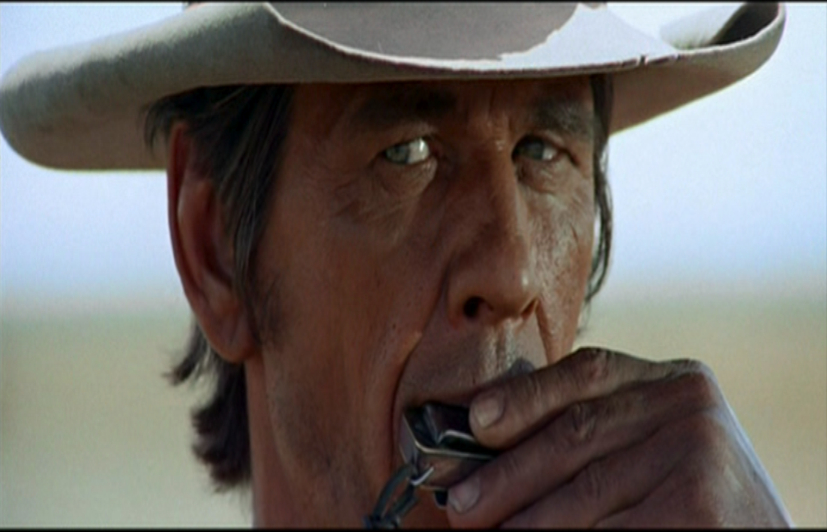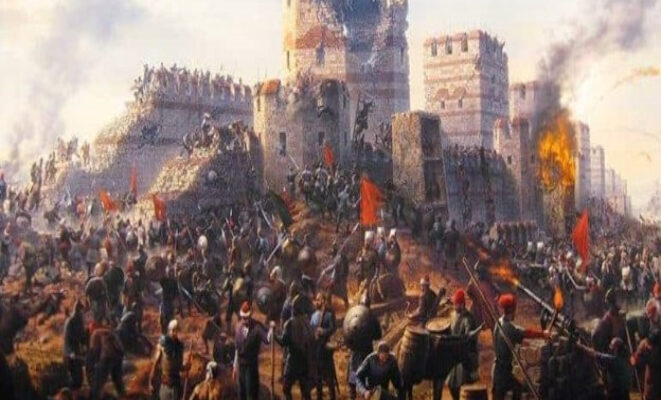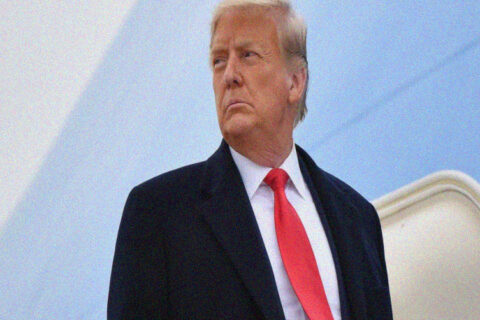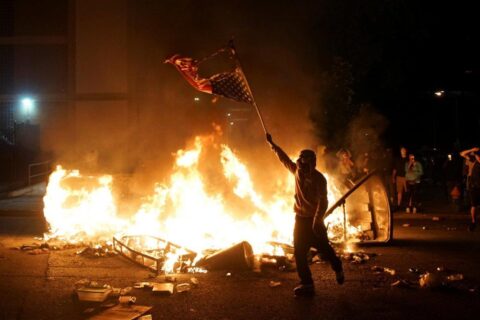Author’s Note: This is the second part in a multipart series examining the decline of the American Empire and what it means for the world on a regional basis. This article will focus on Russia and the Orthodox world.
I am beginning this series with the future of the American Empire’s relationship with Russia and the Orthodox world. The obvious reason being the current conflict between Russian and Ukraine. The first thing we must understand is what Russia wants in Ukraine. More specifically, we need to comprehend what part of Ukraine Russia wants. It is certainly true that Russia needs Ukraine for purely pollical reasons. Having control of Ukraine creates a key buffer zone for Russia and also provides them a greater presence in the Black Sea – this is especially true of the Crimean Peninsula, which Russia took control of back in 2014.
Remember, a strong presence in the Black Sea is essential for Russia as this is where its warm water ports are located. There is a central paradox of Russian geography: Russia has the longest coastline of any nation on earth but suffers from a lack of ports because the vast majority of its coastline is frozen for at least part of the year, and a sizable portion is frozen year-round. This importance of the Black Sea is likely also why the U.S. is willing to risk so much for a nation that is not in NATO. Ukraine remaining under the influence of the West is essential in keeping Russia from becoming a Black Sea hegemon, especially when the future of Turkey remains undetermined, something that will be discussed later in this series.
Yes, all that is true, but a key point is also understanding how Russia views the world. As of this writing, it does not appear that Russia wants to conquer all of Ukraine, but it will likely seize eastern Ukraine. Control of western Ukraine is not Russia’s goal. This matters because of the religious divide in Ukraine. In short, eastern Ukraine is Eastern Orthodox and is warmer to fellow Orthodox Russia, while western Ukraine is Eastern Catholic (follows the Byzantine Rite but is in communion with the Pope) and is decidedly less friendly to Russia and strongly identifies as Ukrainian. To be sure, part of the reason why Russia wants the Orthodox part of Ukraine is because it will be easier to rule, even as it will leave western Ukraine as a rump state. There is also the possibility that Russia will build an Orthodox-based empire that can project its power and counter what it considers a decadent and declining American Empire. After the fall of the Soviet Union, Orthodox Russia began to rise and, since Putin, has enjoyed the backing of the Russian government.
In order to understand just what is going on here, a discussion of how Russia views itself and the world is necessary. Russia observes the world in religious terms and understands its civilizational frontier accordingly. White America sees its civilizational frontier as race based. While being Anglo-Protestant in its core, it was easier to incorporate non-Anglo White Protestants like the Dutch, Huguenots, Scandinavians, and northern Germans into its concept of “us” and, even more tellingly, White Catholics (Irish, Italians, Poles, etc.) and even Jews, but not black Protestants. But, the Russian understanding of the world is different from ours. Its civilizational frontier is religious based. Thus, Russians will view ethnic Turkic Tartar Orthodox Christians as closer to Russia than it will Catholic Poles, even though as fellow Slavs, the Poles are closer genetically and linguistically to Russia than the Tartars.
Russia is then poised to become the hegemon of the Orthodox world, and this is part of the reason why the U.S. is so worried about what Russia will do to Ukraine. It will certainly be a case of deteriorating U.S. power abroad and possibly the death of NATO. As Russia grows as an Orthodox hegemon, U.S. power will diminish in two key areas of the world. The first one has already been discussed but needs to be reviewed in greater detail. Russian control over the Black Sea is essential, but Russian power could expand from there. Romania is, in many ways, a country divided between the West and the East. They are “Latin Orthodox” and much of its intelligentsia looks to France for its inspiration, especially during the 19th century. However, I suspect that, at the end of the day, Orthodoxy will win out over Latinism, especially as the West becomes more aggressively anti-Christian. That would give Russia decisive control over the coastline of the Black Sea, especially if Bulgaria sides with Russia. That Serbia will align with Russia is a forgone conclusion, many of them are still angry at the U.S. for bombing them in the 1990s. If this occurs, American power in both the Black Sea and the Balkans will been drastically reduced.
Greece is the only Orthodox nation I am willing to safely say will not position itself with Russia, but that really is a special case. There has been a long and historic rivalry between Russia and Greece to lead the Orthodox world. The early Orthodox Church was heavily Greek, but since the decline of the Byzantine Empire, and especially the fall of Constantinople, Russia, as the greatest Orthodox power by a large margin, has taken the reigns in leading the Orthodox world. This was something that the Greeks were never comfortable with, something that goes on to this day, as seen in the ongoing split between Moscow and Constantinople. Greece is the exception that proves the rule. The fact that an old religious rivalry such as the Moscow/Constantinople split is what it takes for me to say Greece will not become a Russian ally (it reveals just how powerful the idea of Russia as the leader of Orthodoxy is). Holy Mother Russia is real in the eyes of the Orthodox world.
Of course, this has major implications for the American Empire’s ability to project its own power on this area of the world. The Eastern Slavic core (Russia, Ukraine and Belarus) is now out of play for the U.S. This means that the Empire’s post-Cold War dream of uniting all of Europe against Russia is gone. The U.S. is seriously diminished as a Black Sea power as of today. And, depending on what happens to Turkey, it could be completely shut out of the Black Sea all together. Even in the best-case scenario, the U.S. will become a minor Balkan power, being only able to exercise control over Greece and possibly Croatia and Bosnia.
The American Empire is soon looking at a world where it has been pushed out of all but its core support in Western and Central Europe, and that is if there are no other significant losses, for example if Poland and Hungary finally having enough of globohomo. The U.S. would be forced back into its largely pre-1991 sphere of influence. Should this happen, it would be decisive proof that not only can American hegemony no longer grow, but it can also be pushed back, triggering an event that would demonstrate to rival powers that the Empire is now in serious decline. The only question will be if the U.S. loses this influence through geopolitics or after a military defeat. Either way, Orthodox civilization is getting a new- and yet old- hegemon.







Thanks for another great article Harmonica. Proud Mississippi boy here, now living in Texas love to read this site.